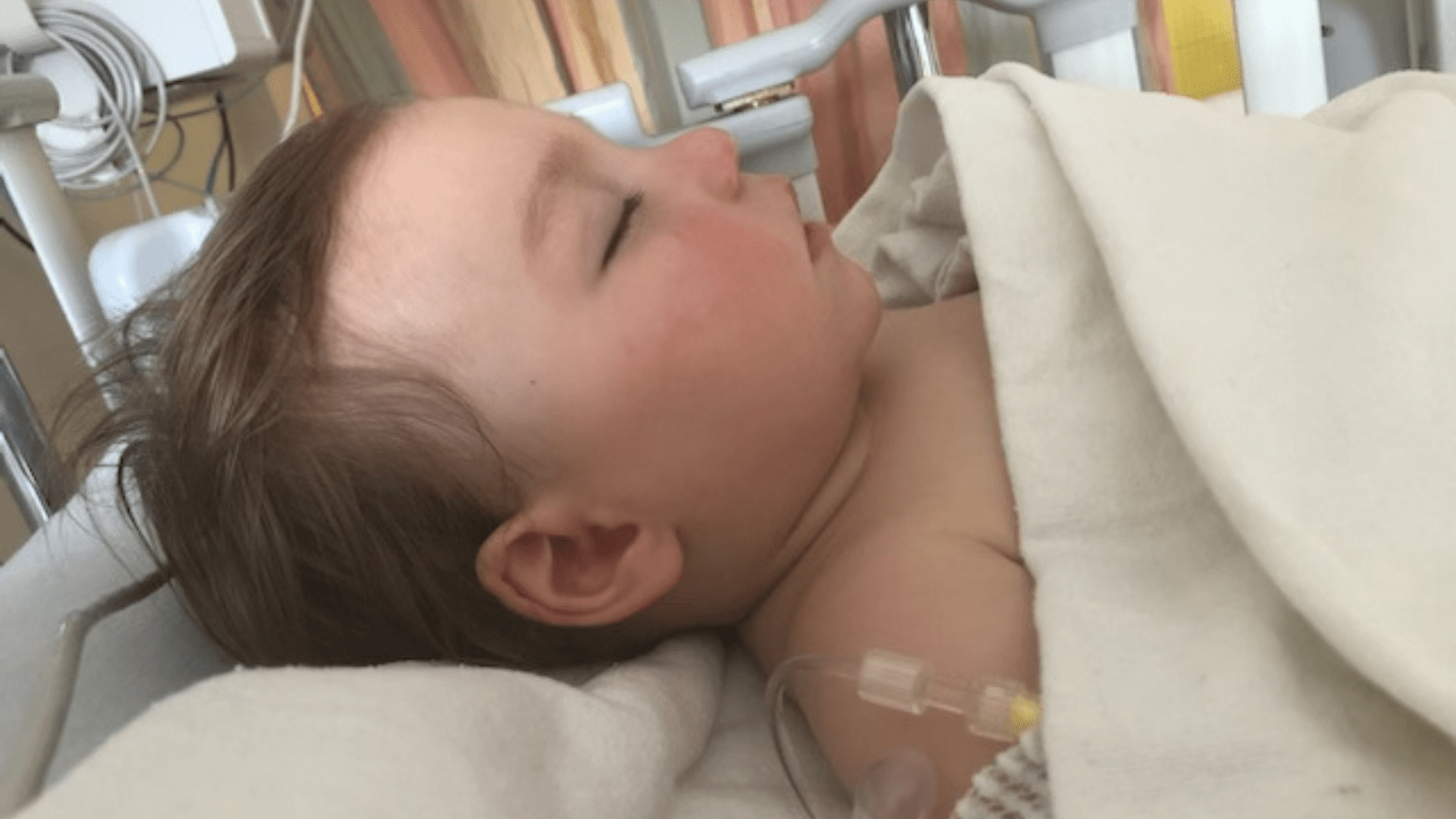McMaster research to bring care closer to home for childhood cancer survivors

For many childhood cancer survivors, completing treatment marks the start of a hopeful yet uncertain new chapter. Long-term health challenges are common and the need for ongoing, specialized care is well-recognized. A new McMaster University study will help survivors and their doctors by understanding the best ways to bring that care closer to home.
Overcoming barriers to care
Traditionally, survivorship care is provided in oncologist-led After Care clinics located in select centres across Ontario, like McMaster Children’s Hospital. While these clinics offer expertise, the distance, time commitment, and repeated visits to specialists can be overwhelming for families who, after enduring intensive cancer treatment, may want to regain a sense of normalcy.
In response, the Pediatric Oncology Group of Ontario (POGO) —an advocacy group that champions care for children with cancer—proposed engaging local family doctors in the care of cancer survivors, enabling families to receive support in their home community.
However, the change was not as simple as it sounded. Family physicians already have busy practices and survivors have complex medical needs that often require specific care and follow-up.

Moving closer to home
Building on POGO’s concept, the McMaster-led study seeks to find ways to help patients and family doctors navigate the transition of survivorship care from specialized clinics to community-based primary care providers.
Leading the study is Trishana Nayiager, a PhD student who collaborates with Department of Pediatrics oncologist Stacey Marjerrison and Department of Family Medicine scientist Lawrence Grierson. Based on previous research, the team knows that some family doctors are able to provide survivorship care. What they do not know is how the program is functioning on the ground across the province.
To answer the question, Nayiager and a team of scientists and cancer survivors are gathering stories. They are speaking with survivors, their families, family doctors and After Care clinic staff who support them. Through interviews and focus groups, the team will explore the lived experiences of those involved, uncovering the successes and challenges of integrating primary care into survivorship.
Nayiager says that the research is not just about identifying what works—it’s about making it work better. By analyzing the data, she aims to develop recommendations for After Care clinics and identify areas where family doctors may need additional training or support.
Collaboration drives research
What makes this study unique is its comprehensive approach. In addition to identifying the needs and preferences of survivors, the team wants to understand the pressures and limitations faced by primary care providers.
The interdisciplinary research team includes experts in pediatric oncology, survivorship care, family medicine, research methodology, medical education, and survivors themselves—individuals with firsthand experience navigating life after cancer.
For Nayiager, this project is deeply personal. She began her journey at McMaster working on clinical trials, where she first encountered many of the patients who are now childhood cancer survivors.
“It’s more than just research,” she says, reflecting on her close connection to the work. Having witnessed their journey from treatment to survivorship, she finds it incredibly meaningful to continue supporting these individuals as they navigate their long-term healthcare needs.
“I know the actual people who are going to benefit from this,” she adds, underscoring her commitment to ensuring that these survivors receive the best care possible.
Community, News, Research, Research in the MediaRelated News
News Listing

From seed to success: How philanthropy fuels child health research at McMaster
Funding, News, Research, Research in the Media
7 days ago

New funding boosts specialized neonatal care at St. Joseph’s Healthcare Hamilton
Announcements, Funding, News
November 13, 2024

Hamilton Health Sciences ➚
RSV hits close to home for McMaster Children’s Hospital emergency doctor
News
November 12, 2024
